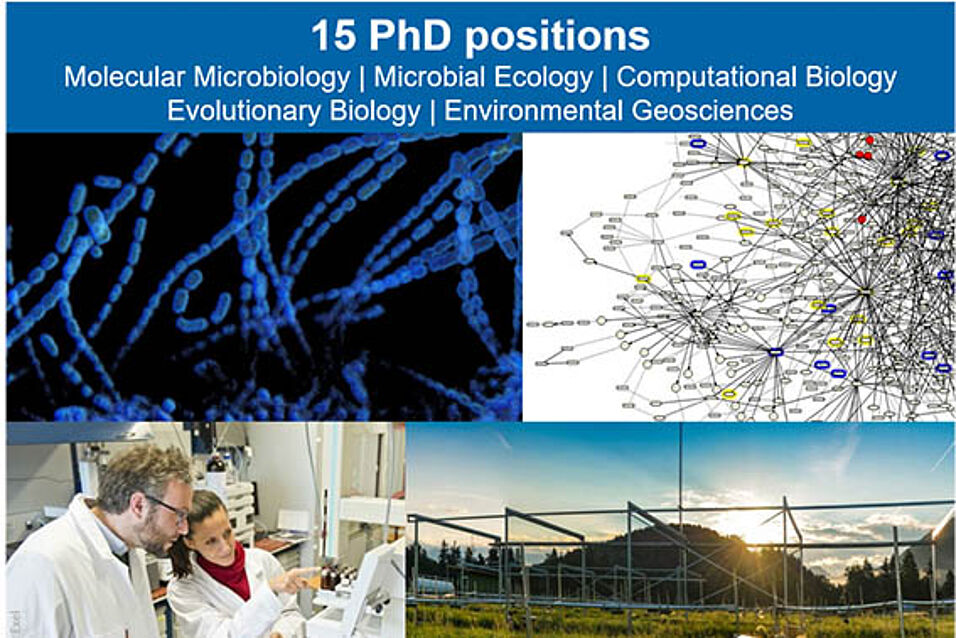The Doctoral School in Microbiology and Environmental Sciences offers 15 fully funded PhD positions in diverse research areas ranging from molecular microbiology, ecology, computational and evolutionary biology to environmental geosciences. More information and online application at vds-mes.univie.ac.at/apply

